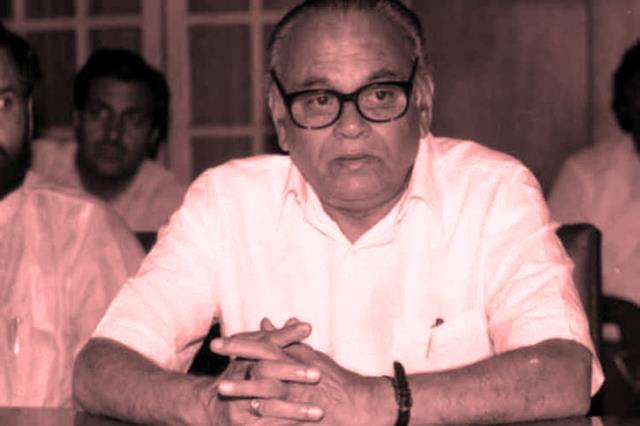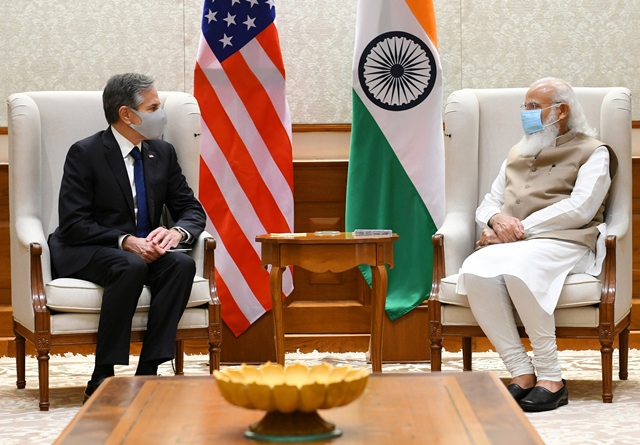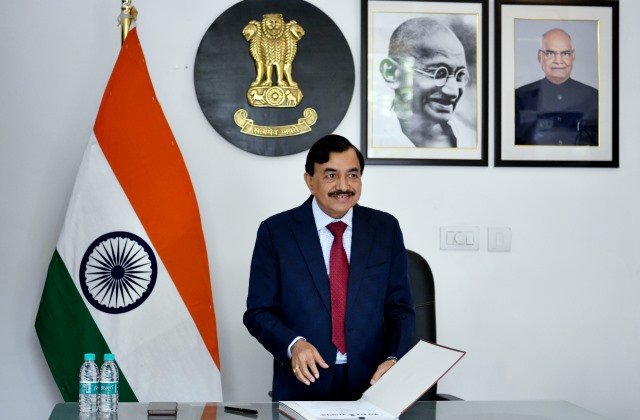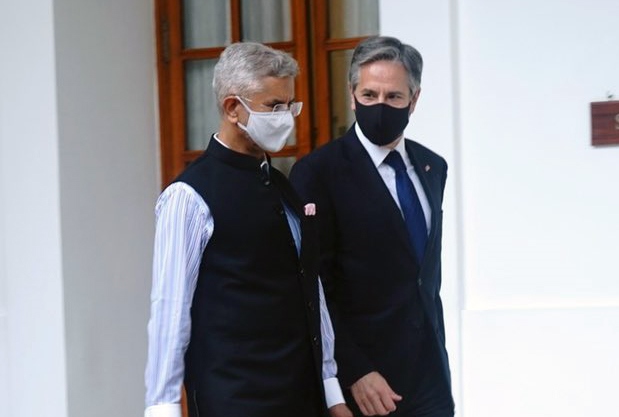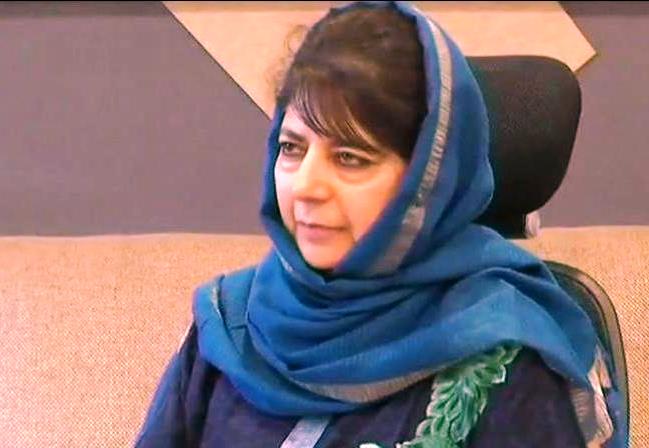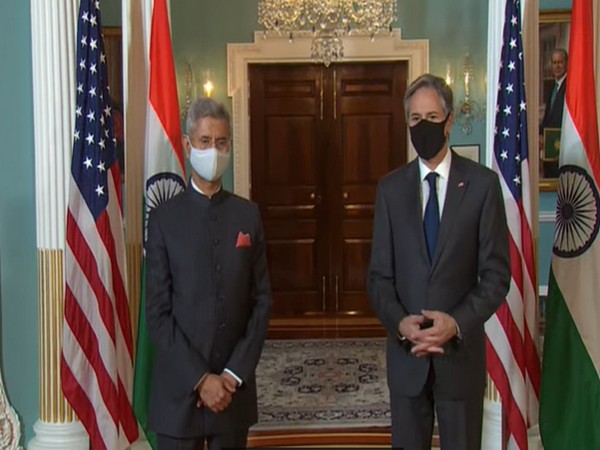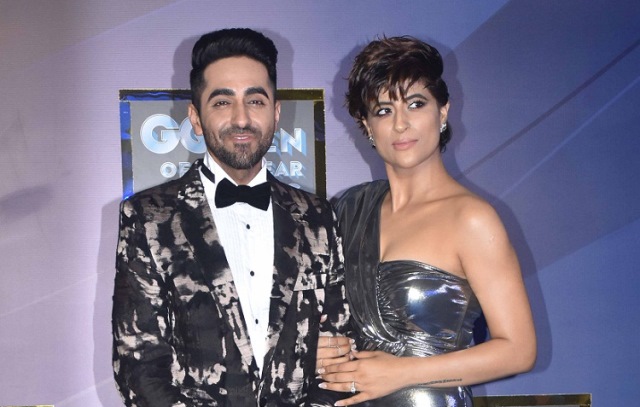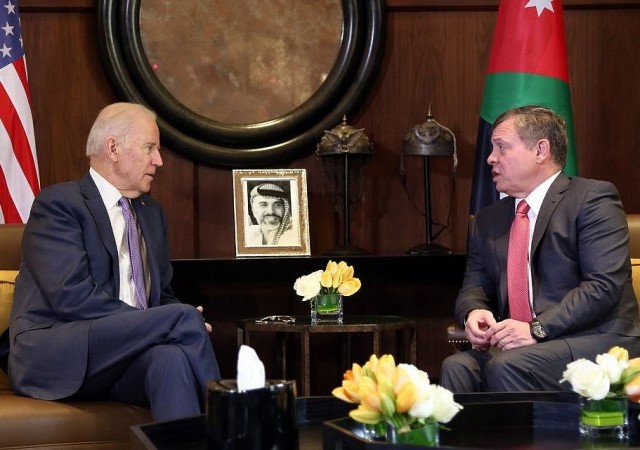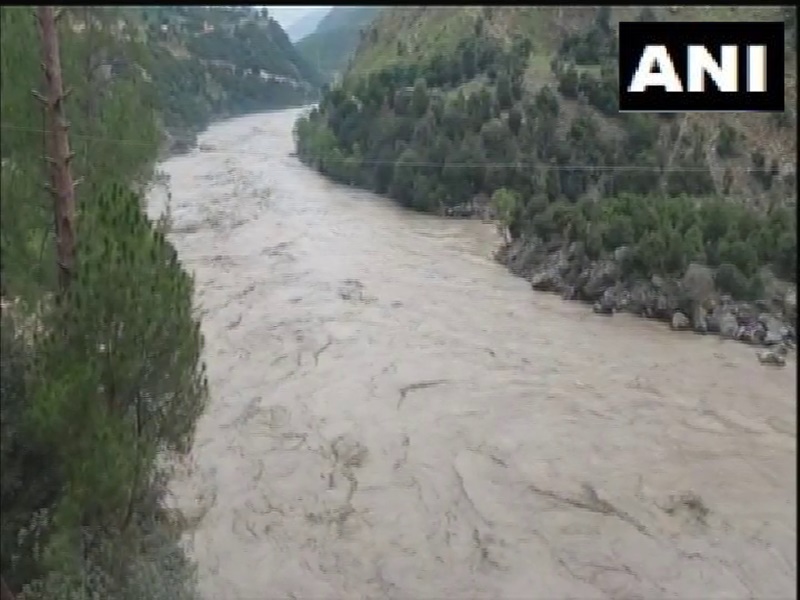Against promoting ‘dynasty’, and contemptuous of Nehru-Gandhis, the Bharatiya Janata Party nevertheless has some families of its own and has adopted some like the Bahugunas and, recently, of Jitin Prasada. The latest addition is its anointment of Basavaraj Bommai as Karnataka’s Chief Minister.
The only difference is that father S R Bommai, who headed the state in 1988-89, was a socialist and the son too began his political career as one. The socialist tag remains, going by media reports from Karnataka, and may take long to wash off, as had happened in the case of the late Sushma Swaraj.
However, father Bommai’s legal and constitutional legacy should worry the BJP, since all Central Governments have tended to experiment with powers pertaining to declaration of President’s rule in opposition-ruled states.
The apex court’s judgment of March 11, 1994, popularly known as the SR Bommai case, also dwells at length on separation of the State from religion and prohibits the former to use the latter. This part of the verdict is less-known and has not yet been acted upon.
While the Modi Government as such has not advocated removing ‘secularism’ from the statute book, individuals and groups, including Justice Anil Dave, a former Supreme Court judge, have publicly demanded it. The political opposition and critics at home and abroad have alleged that a majoritarian political plank militates against secular ethos, if not the constitutional provisions.
Senior Bommai’s government was dismissed under Article 356 of the Constitution and the President’ rule was imposed. He lost an appeal against his dismissal before the Karnataka High Courtand moved the Supreme Court. The court took about five years to deliver a verdict that in essence ruled that the Governor’s powers to impose the President’s rule in a state is not absolute and is challengeable. It ruled that the test of a government’s majority must be determined on the floor of the Assembly, and by implication, not in Raj Bhavan, or elsewhere.
In spite of the senior Bommai’s successful court battle, Central Governments of the day have used other means to topple opposition-run state governments, like chipping away the ruling party’s legislators, as was attempted in West Bengal, in the run-up to the assembly polls this year.
Last year’s change in Madhya Pradesh was after 23 Congress MLAs switched sides. Karnataka itself had seen the end of the Congress-Janata Dal (Secular) government following defections.
naALSO READ: Coexistence, A Unifying Factor For Indians
The Centre’s gambit failed miserably in Maharashtra in November 2019 when Ajit Pawar of the Nationalist Congress Party revolted, only to return to the party fold within three days. Governor Bhagat Singh Koshiyari swore in a BJP-led government supported by Ajit Pawar, in the Raj Bhavan, without testing the numbers in the Assembly. The move failed when the Supreme Court on November 29, 2919, ordered the new government to prove its majority on the Assembly floor.
For the long years that it has been in power at the Centre, the Congress has dismissed the maximum number of state governments using Article 356 of the Constitution. The number is 44 as per Wikipedia, but 93 according to Union Home Minister Amit Shah.
Senior Bommai’s government was dismissed on grounds that it had lost majority following large-scale defections. Then Governor P Venkatasubbaiah refused to give Bommai an opportunity to test his majority in the Assembly despite the latter presenting him with a copy of the resolution passed by the Janata Dal Legislature Party.
The SR Bommai case raised questions on the proclamation of President’s rule in a state. The Supreme Court discussed the grounds and the extent of the imposition of President’s rule in a State.
The verdict of the nine-judge Constitution Bench has gone on to become one of the most cited whenever hung Assemblies are returned, and parties scrambled for a government. The historic order has in a way put an end to the arbitrary dismissal of State governments under Article 356 by spelling out restrictions.
The verdict concluded that the power of the President to dismiss a State government is not absolute. It said the President should exercise the power only after his proclamation (imposing his/her rule) is approved by both Houses of Parliament. Till then, the court said, the President can only suspend the Legislative Assembly. “The dissolution of Legislative Assembly is not a matter of course. It should be resorted to only where it is found necessary for achieving the purposes of the Proclamation,” the court said.
“In case both Houses of Parliament disapprove or do not approve the Proclamation, the Proclamation lapses at the end of the two-month period. In such a case, the government which was dismissed revives. The Legislative Assembly, which may have been kept in suspended animation, gets reactivated,” the Court said. It also made a Presidential Proclamation under Article 356 subject to judicial review.
The significance of the case lies in the fact that it categorically ruled that the floor of the Assembly is the only forum that should test the majority of the government of the day, and not the subjective opinion of the Governor, who is often referred to as the agent of the Central government.
“The Chief Minister of every State who has to discharge his constitutional functions will be in perpetual fear of the axe of Proclamation falling on him because he will not be sure whether he will remain in power or not and consequently he has to stand up every time from his seat without properly discharging his constitutional obligations and achieving the desired target in the interest of the State,” it said.
ALSO READ: When Secular Is Mocked As Sick-ular
In one of the first instances of the impact of the verdict, the Vajpayee government in 1999 was forced to reinstate the Bihar government it dismissed. The Rabri Devi government, sacked on February 12, 1999 was reinstated on March 8, 1999 when it became clear that the Centre would suffer a defeat in the Rajya Sabha over the issue.
The ruling pertaining to secularism is equally significant for its endorsement of Indian federalism. It is a sharp commentary on the inroads of religion into politics and safeguards Indian secularism. Bommai‘s promise of fair federal play, the judgment’s mandate for secularism, and for action against parties and State governments violating the constitutional philosophy that prohibits the mixing up of religion and politics.
Justice P B Sawant (who passed away recently) held in paragraph 145 that the right to religion is subject to laws governing secular activities such as the law governing politics and that the Indian State is a secular state and not a theocratic State.
He wrote: “Our Constitution does not prohibit the practice of any religion either privately or publicly. Through the Preamble of the Constitution, the people of this country have solemnly resolved to constitute this country, among others, into a secular republic and to secure to all its citizens. Article 25 of the Constitution guarantees to all persons equally the freedom of conscience and the right freely to profess, practice and propagate religion subject to public order, morality and health and subject to the other Fundamental Rights and the State’s power to make any law regulating or restricting any economic, financial, political or other secular activity which may be associated with religious practice. Article 26 guarantees every religious denomination or any section thereof the right [a] to establish and maintain institutions for religious and charitable purposes, [b] to manage its own affairs in matters of religion, [c] to own and acquire movable and immovable property and [d] to administer such property in accordance with law. Article 29 guarantees every section of the citizens its distinct culture, among others.
“Article 30 provides that all minorities based on religion shall have the right to establish and administer educational institutions of their choice. It prohibits the State from making any discrimination in granting aid to an educational institution managed by a religious minority. Under Articles 14, 15 and 16, the Constitution prohibits discrimination against any citizen on the ground of his religion and guarantees equal protection of law and equal opportunity of public employment. Article 44 enjoins upon the State to endeavour to secure to its citizens a uniform civil code. Article 51 casts a duty on every citizen of India, among others, [a] to abide by the Constitution and respect its ideals and institutions, [b] to promote harmony and the spirit of common brotherhood, among all the people of India, transcending, among others, religious and sectional diversities, [c] to value and preserve the rich heritage of our composite culture, [d] to develop scientific temper, humanism and the spirit of inquiry and reform; and [e] to safeguard public property and to abjure violence.”
These provisions by implication prohibit the establishment of a theocratic State and prevent the State either identifying itself with or favouring any particular religion or religious sect or denomination. They carry their own relevance in the present times.
